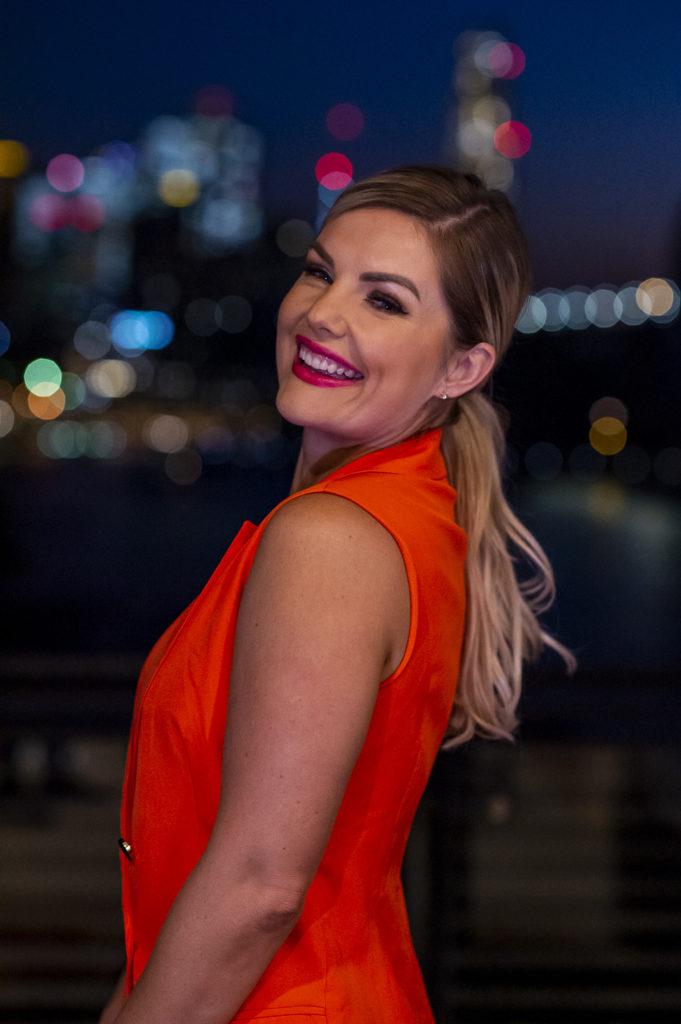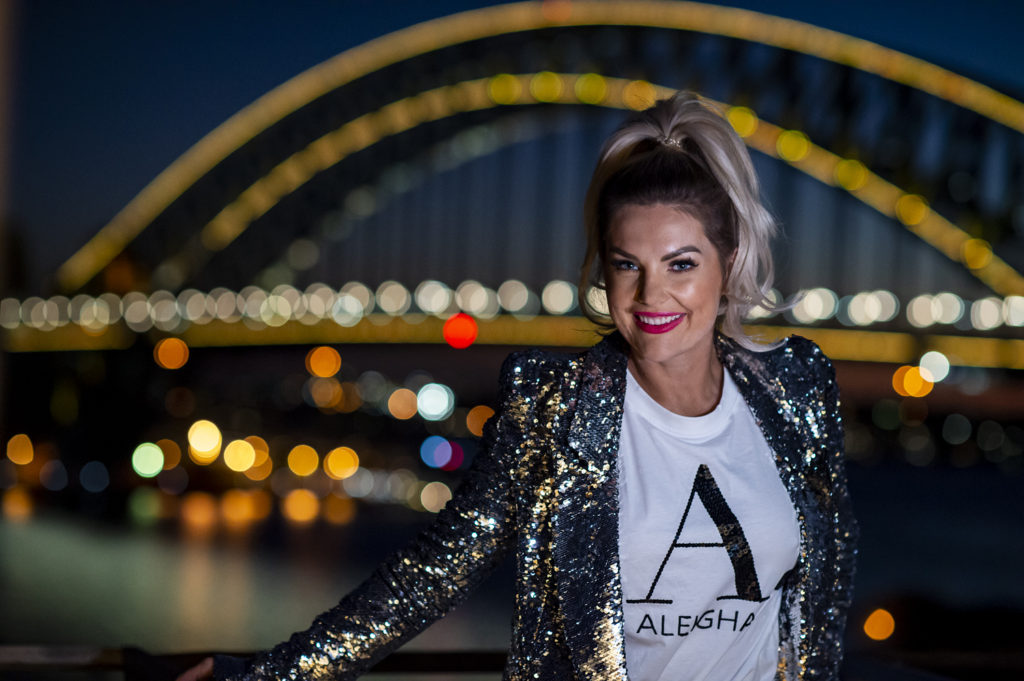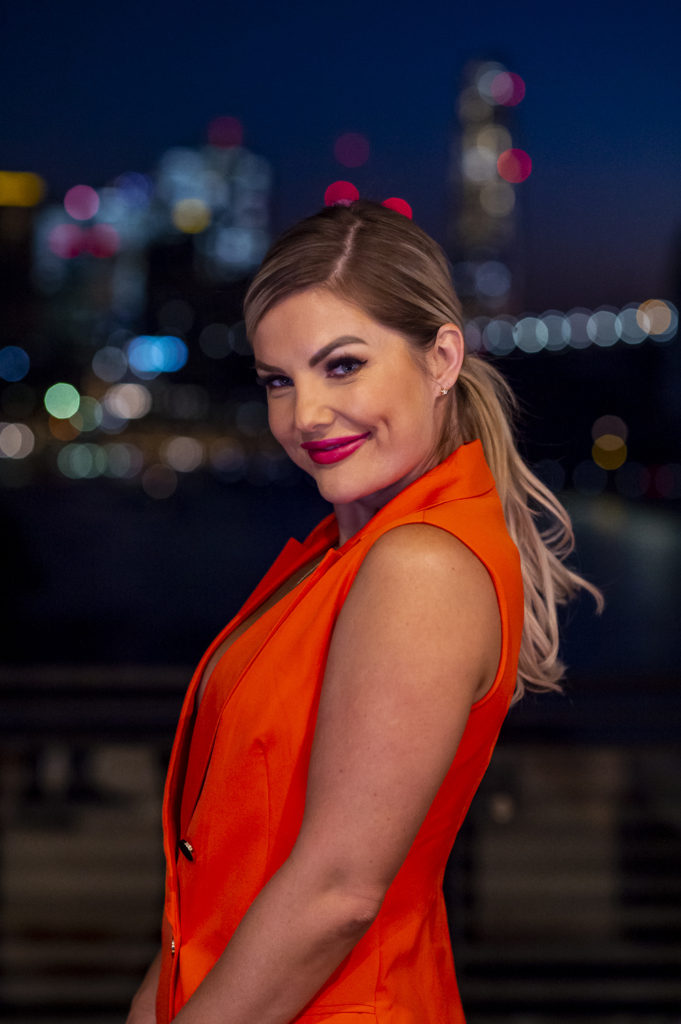Welcome to Voices in PR. Today’s guest is Amanda Williams, Director at Yellow Panda Agency. Amanda Williams is a vibrant public relations and corporate affairs professional. Prior to founding the public relations, leadership marketing agency Yellowpanda in 2017, Amanda made headlines as a rising star in the federal government’s media team.
Yellow Agency specialises in representing trailblazing entrepreneurs and CEO’s across a range of industries, helping to build their public profiles and position them as leaders in their fields.
Amanda brings unmatched enthusiasm and passion into the lives of others and instinctively generates ideas at a pace some find dizzying. Fascinated by problems that puzzle and confound or frustrate most people, she sees opportunities, trends, and solutions before others.

How did you get into PR?
At University, I was always interested in pursuing journalism, even though I had a great start to my career in real estate. I held onto my dream of being the host of the Australian travel and lifestyle show, Get Away. But amongst my classmates, I wasn’t the only one reaching for a place in the spotlight like this.
I learned quickly that Public Relations called to me more than the day to day life of a journalist. Through spending my free time volunteering, I discovered my love for philanthropy and came across many publicity opportunities which helped me discover my talents.
Six months before graduating from University, through a volunteering opportunity, I met a member of parliament who offered me a job interview for a media communications role. Although this venture extended my degree, I got the job and worked towards completing my degree in the following 12 months. Little did I know then but this lead to the following six years working both in federal and state politics for a number of politicians; looking out for their public image and helping them with all their campaigns.
I approach everything in my life with the aim of doing the best I can. It didn’t take long for me to excel and be recognized as the rising star of the federal government media team. However, politics was not where I wanted to be in the long run. I started to take note of how many people encouraged me to harness my energy and go out on my own.
So, I started my business Yellowpanda about four and a half years ago. Starting off as a freelancer; moving into consulting; to eventually needing contractors to help with all the work that was coming my way. This January I officially hired my first full-time employee. And we are only moving upwards – how exciting!

What campaign you planned for the parliament was the most memorable for you?
I love reflecting on my time in politics – some of the most successful campaigns were grassroots like local community campaigns. With one of the local politicians I was working with at the time, we came up with a pitchable story around revitalizing the town,
The city’s best town planners, marketers, developers, and politicians came together on one committee to brainstorm how to revitalize the town. Being a real and tangible transformation, it was great! Gathering a collective mind of the top thinkers in the city, media coverage, and artistic visions for revitalizing the riverfront – was a great adventure.
I’ll use an example of something that we are doing with a client today to show the parallel between the two. We are supporting my client in Sydney in starting a movement around sustainable manufacturing in Australia. It’s very similar. We will go out and spread messages for real tangible projects which can drive change.
It’s awesome to support these local grassroots campaigns. In PR, we need to have evidence that people care about what they talk about. Establishing movement, committees, or sharing your visions, is a way of doing that.
What are the differences between private corporations and the government when planning and implementing PR strategies?
The biggest difference, and one of the main reasons why I left government, is that opportunities were often lost in the approval process. I had some really great ideas and creative ways of doing things in the communications world – but there were so many hoops to jump through.
In government, there are many levels of authority, checks and balances, and signs that you need to obtain before you actually get it clear to roll out a campaign or strategy.
So one of the biggest things I love about working with entrepreneurs, most people I’ve been working with are really keen on being innovative, testing out new things. So I think the biggest thing is that ability to be innovative and visionary I guess. It’s very different in the government. You can’t be very explorative.

What PR suggestions would you give to start-ups or small-sized companies?
As a mentor here in Australia, I provide female entrepreneurs with the help they need. My most recent mentee is starting her business but can’t afford to spend thousands of dollars on PR every month. Whether or not it would pay off is a big risk.
As she was in STEM, she already has some real credibility and authority in her engineering niche. There was a great opportunity for her to start creating content, like blogs. I suggested she write 10 pitchable blogs on interesting topics in her area and take a look at what kind of publications feature that type of content. This makes it easier to know who to reach out to.
More or less I’m saying that it’s a great idea to start creating your own content. That’s something any business person can do. It’s what I’ve done. I put myself out there.
There are so many hats you are wearing as an entrepreneur. When you can afford to get a professional to your PR, do it, definitely invest in it. I don’t think you can handle it yourself forever.
I’ve written opinion pieces. I’ve had them published. I’ve done blogs. I’ve obviously grown my social media presence, so I would always say start being the media yourself. It’s just not realistic in the long term. You can’t be doing full-time PR yourself and running a company. But to start with, absolutely just get writing!
What trends can you see in the PR industry after COVID-19 pandemic?
Well, first and foremost, I think PR has become more important than ever. For example, I’m currently working from home. A lot of great networking events I was going to are not happening. Showing up online and being credible online is more important than ever. PR absolutely helps you do that.
When my clients were initially struck by the pandemic last March, I spoke to each of them and told them that now is the time not to shrink back, disappear. and cut your spending on PR. It’s more important than ever that we keep you out there in front of everyone to show strength, to show that you are still here and your business is going well, people should still do business with you and invest in you.
Because you know you’re going to write it out. Confidence is a huge thing. PR definitely helps confidence. It’s essential. Everyone googles everyone these days. So if anyone is not showing up online, they are losing to their competition.
PR has forever been about building reputations. We are in the reputation game. It’s continuing to be very important, and more so digitally. It’s more important to ensure that you’re getting good digital media exposures, such as online interviews, articles, etc.

In your LinkedIn experience, you mentioned you pay attention to developing data-driven PR / marketing strategies. However, for start-ups or when launching innovative products, there will be no previous data, in this case, how will you start a campaign?
Once we start working with a client, we start to look at their data each month to make sure that we’re moving in the right direction. But when a client is without data or a blueprint to estimate past success, we like to look at reverse engineering campaigns of businesses in similar industries.
It’s very hard to start any business these days that hasn’t been started by someone else. There is always going to be some sort of example you can look at. So doing that competitor analysis and having a look at what some of the other people have done is a great start.
Another thing is that startups can always look at the market. I’ll give an example of a mobile phone repairer with whom I worked. Obviously, Apple at the time was the leading repairer. We did have some time when consumers were very unsatisfied with Apple repairs. Thus an opportunity presented itself and it was a good time for my client to come in and be the hero by offering their onsite, affordable service.
And we pitched it to the national media. We were very clever in the way of consumer targeting so that they targeted Apple consumers who were disgruntled with the repair service. As a result, it did quite well. So that campaign actually ran nationally. For a startup, you couldn’t have anything better for a three-month campaign. It was sensational.
As a PR professional with more than 10 years of experience, what suggestions would you give to graduates in the industry?
Some people focus too much on social media. But one you don’t own your social media. You’re building a property on someone else’s real estate. We saw that in Australia when Facebook banned a number of accounts on the platform a few months ago. It just reiterates the fact that you have to also have an email list, your own website, your own blogs showing up in other places as well. And another thing I mentioned about social media is that it’s like an additional microphone, so you want to amplify those owned PR appearances.
People are exposed to so much content each day. My first suggestion would be to wait until you have something that’s actually impactful or something that will help someone. Don’t post just for the sake of posting. It will just get lost. As the saying goes, if you don’t have anything nice to say don’t say anything at all. It it’s not relevant or of value to the the community or to your online audience at large, then don’t put it out there.
Secondly, social media is not everything. Some people focus too much on it. However, you don’t own your social media. Essentially you’re building a property on someone else’s real estate. A great example of this is when Facebook banned a number of accounts on the platform a few months ago. This reiterates the fact that you have to also have an email list, your own website, your own blogs which show up in other places as well.
Another thing I mentioned about social media is that it’s like an additional microphone, so you want to amplify those owned PR appearances. A lot of people don’t see that this opportunity. You have to have a strategy. A lot of people do start that way of testing to see what works. But they would probably run around copying all of the Tik Tok videos.

How do you keep your work-life balance
I actually made a joke about that. It’s not work from home, but to live from work. In terms of work-life balance, it’s never perfect. It’s too hard to ever really maintain that balance. I was recently doing very well. I was getting up at 4:30 in the morning. I was at the gym by 5, working out, doing meditation, and having this amazing morning routine, bouncing to the office at 9. At the same time, I was feeling so great that I accomplished all of this stuff myself.
However, winter kicked around now and it’s darker and it’s colder. I’ve just been tired. So I’ve been sleepy and I’m mad at myself for not having that time in the morning. Also, the days are shorter. I’m coming home in the dark. I’m feeling like all I do now is work and sleep. But for me, it’s not linear and it’s never is!
The work-life balance is listening to your body. Recognise what you need. I don’t want to push myself to get up at 4:30 in the morning and do all these things right now, but they will come back to that ultra-discipline time when I’m kicking on my goals. So I’m not consistent with work and life, but I think if you look at a long haul – like 12 months – I will have really consistent rounds. Then I’ll have more relaxed rounds. To me, that’s what’s about the balance.

About Voices in PR:
Voices in PR is a platform where we discuss relevant issues regarding PR and social media. We get insight from influencers and PR leaders about useful and trending topics. Check out our video as well, linked to this blog. If you like this program, or would like to share your thoughts, please comment below. Headquartered in New York City, Bao Communications is a full-service bilingual PR Agency specializing in social media, media relations, content creation, and influencer marketing. We serve local, national, and global clients in the United States and China.

